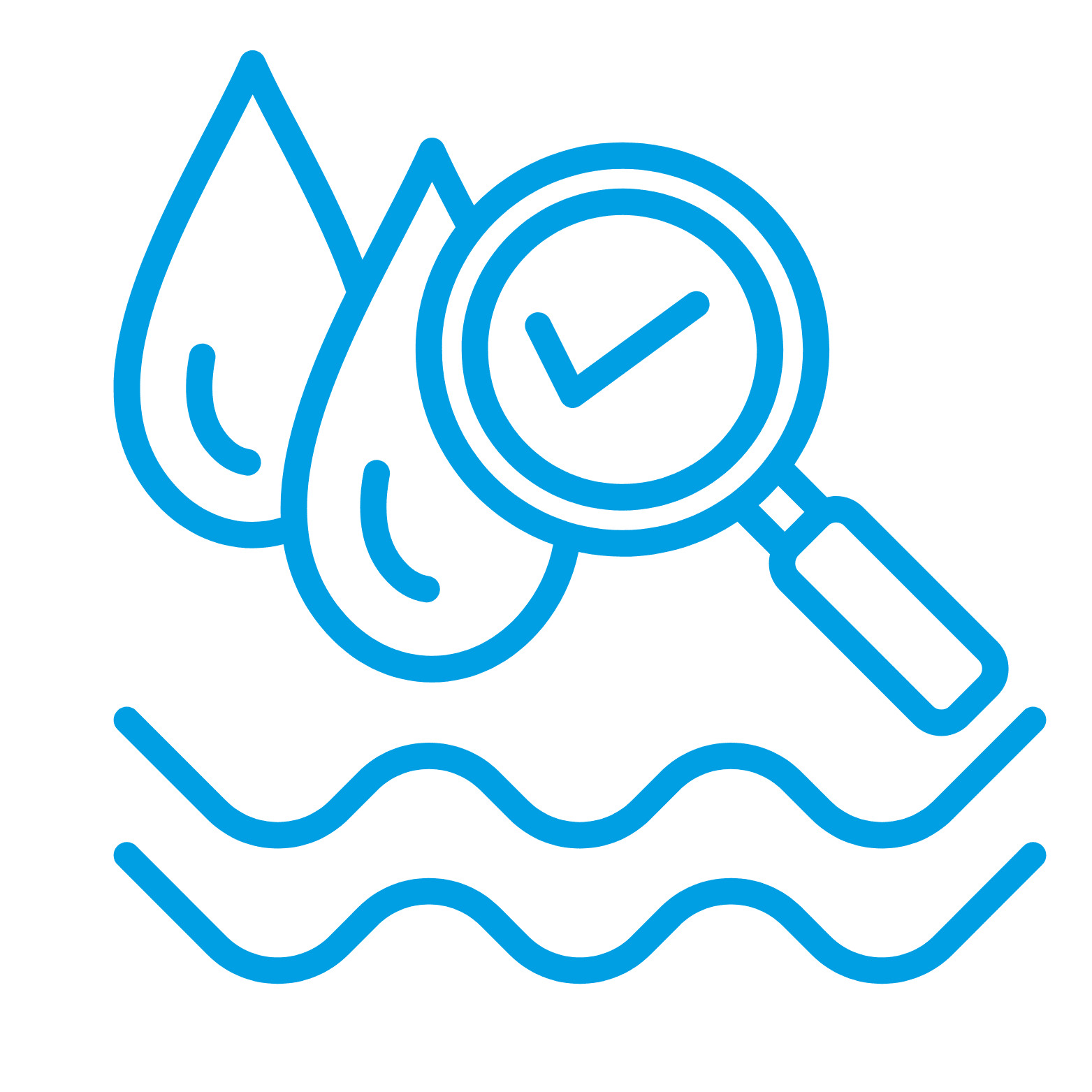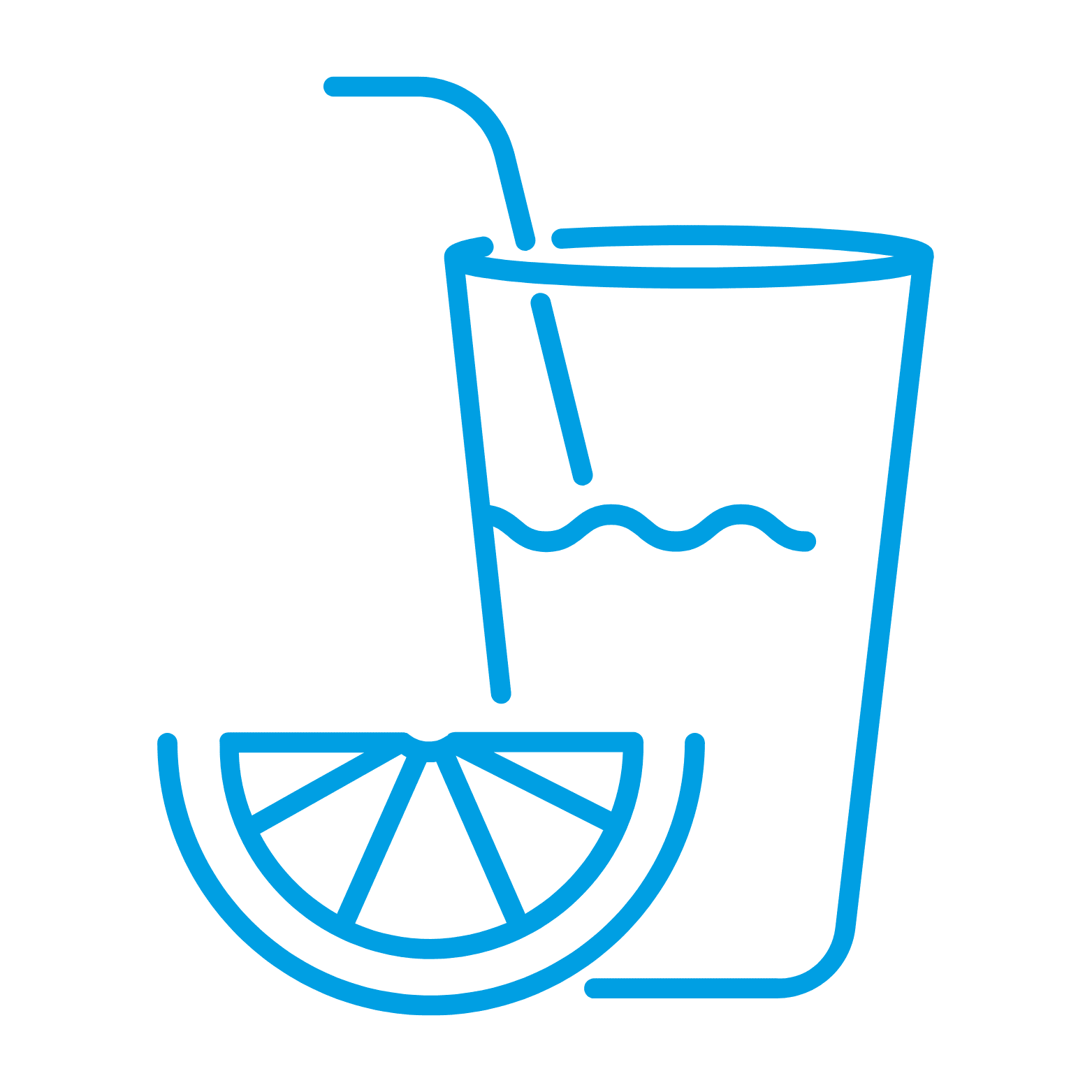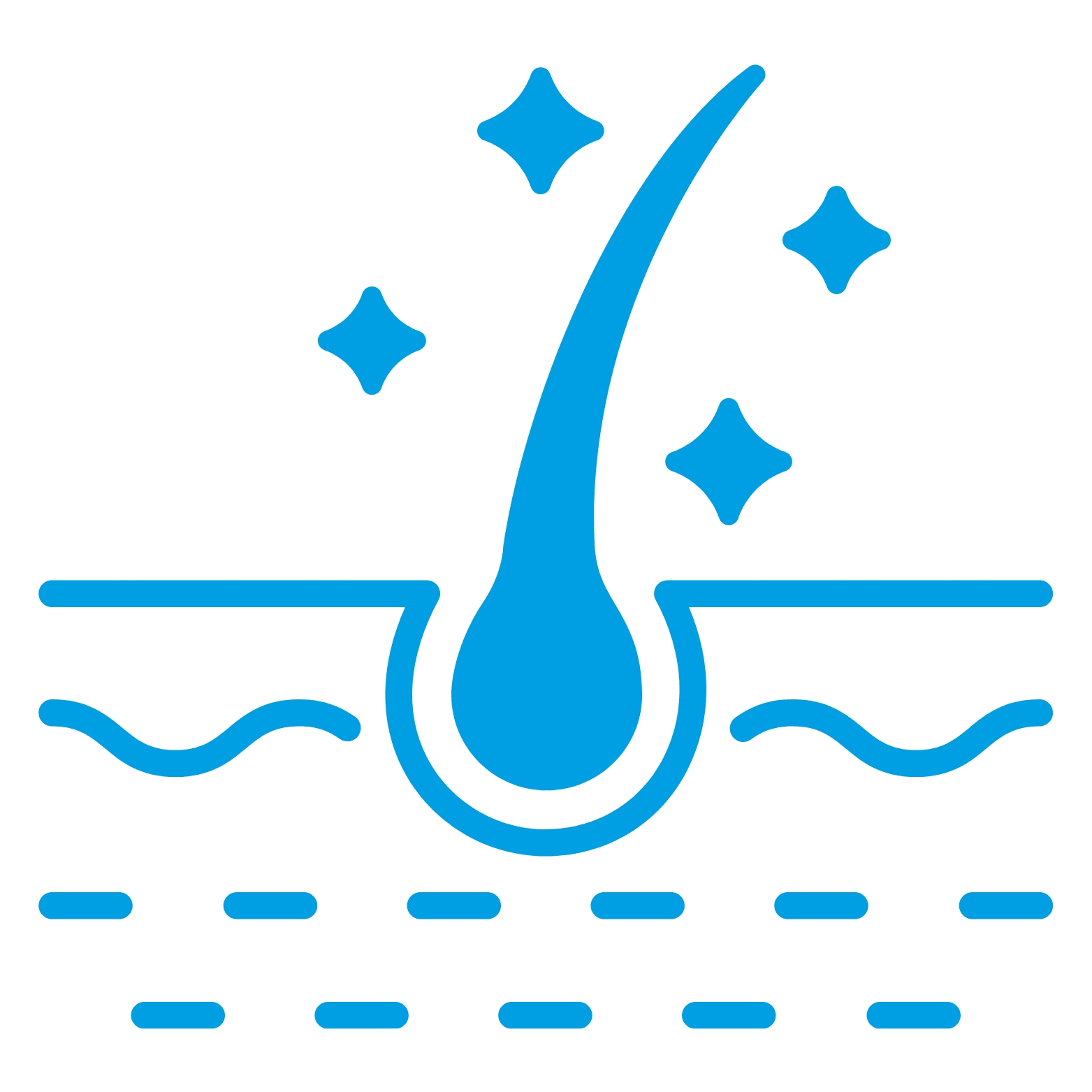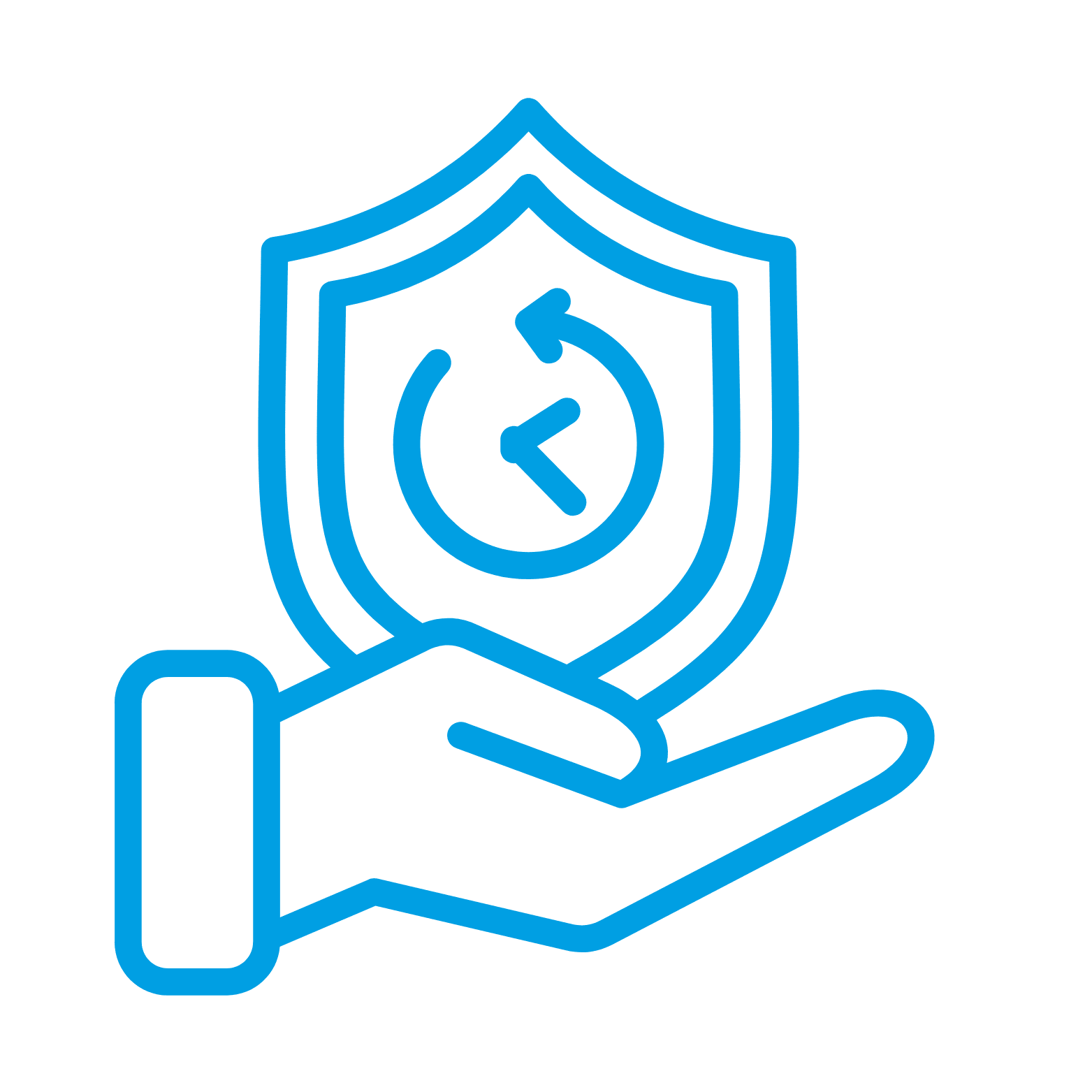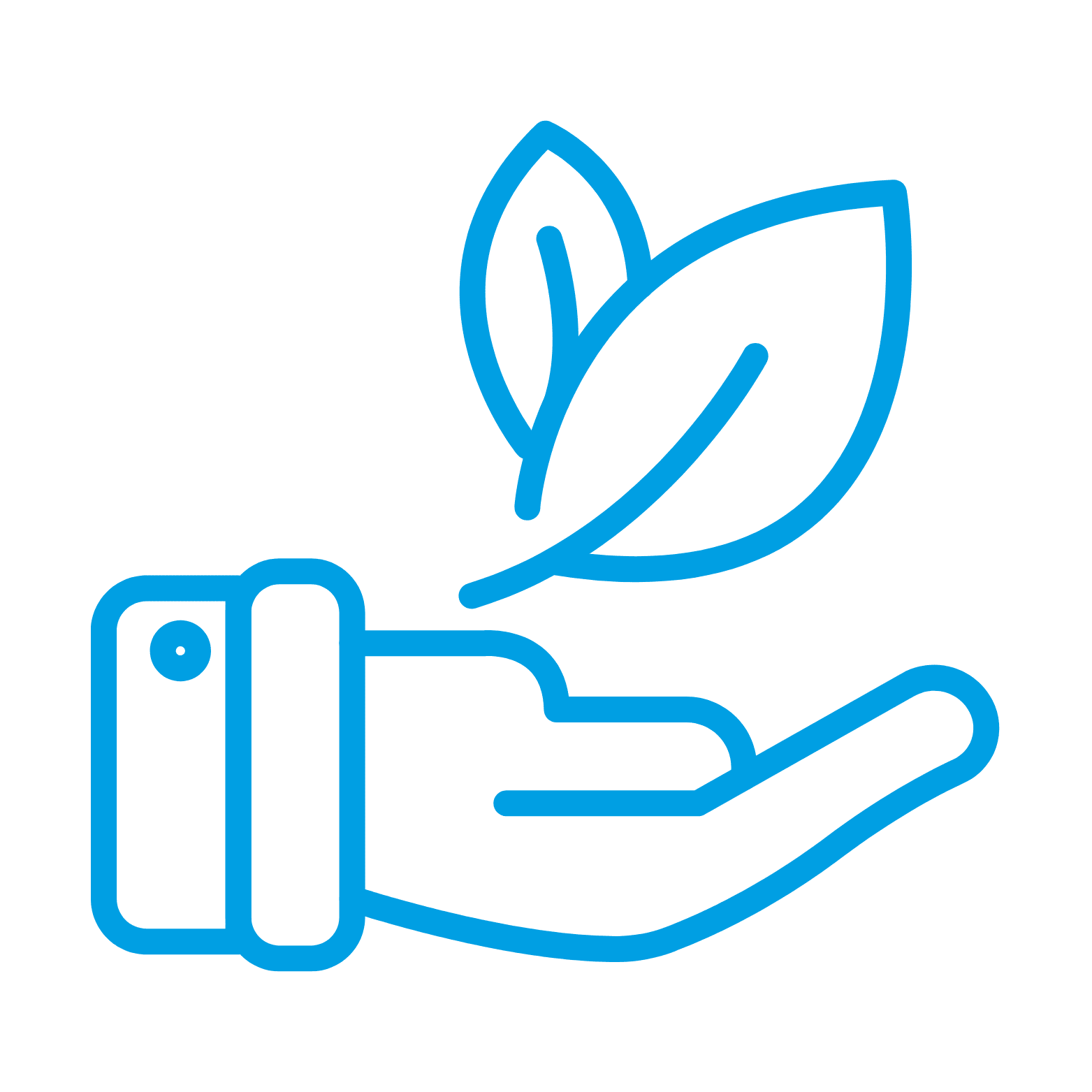Water Softener Plant For Schools and Colleges

















Get the best results of your water today !
Ready to solve your water quality issues with a custom Hard water solution? Contact us today for a free consultation or a tailored quote for an Water Softener plant. Our team is here to help you enjoy cleaner, safer, and healthier water at Schools and Colleges
From Stained to Spotless
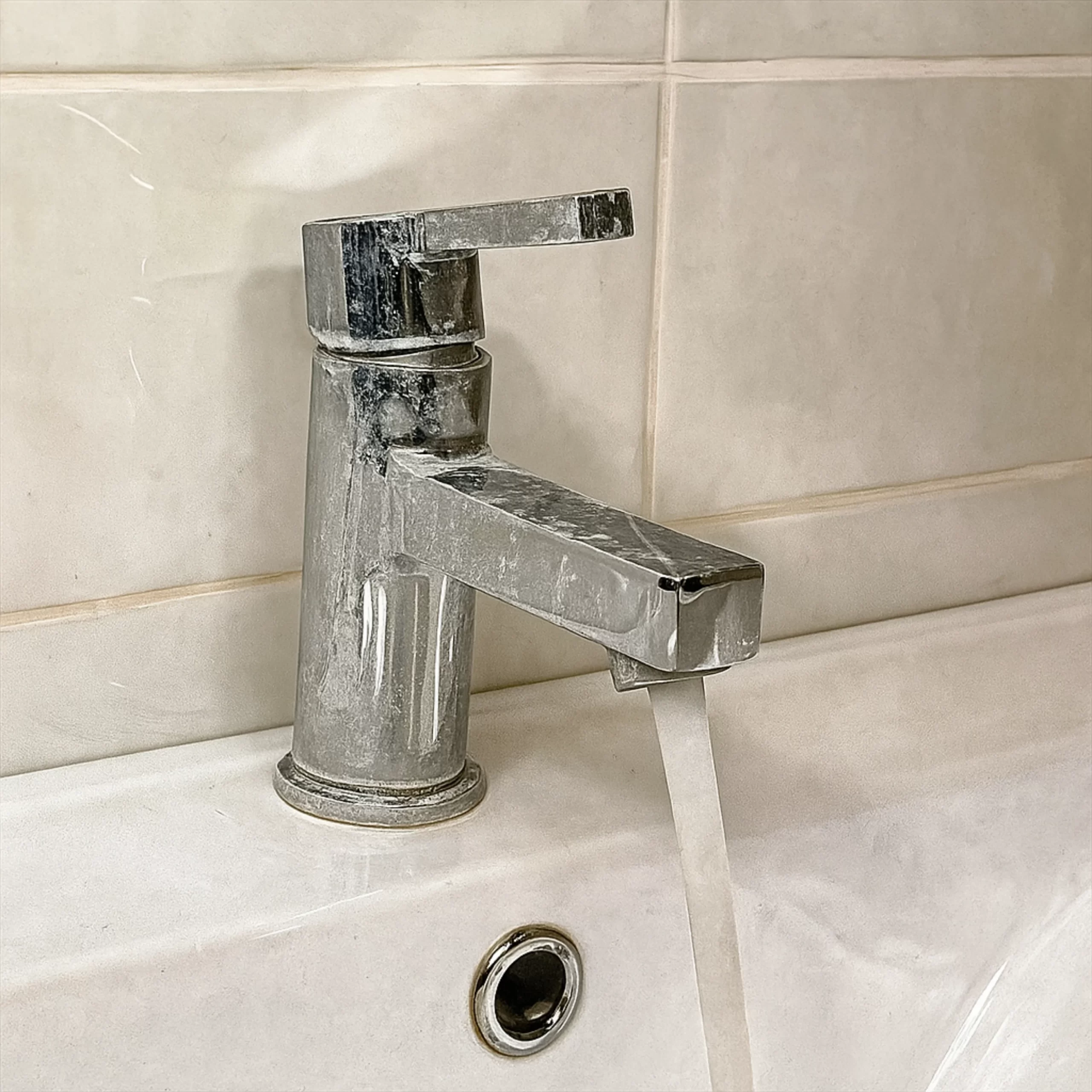
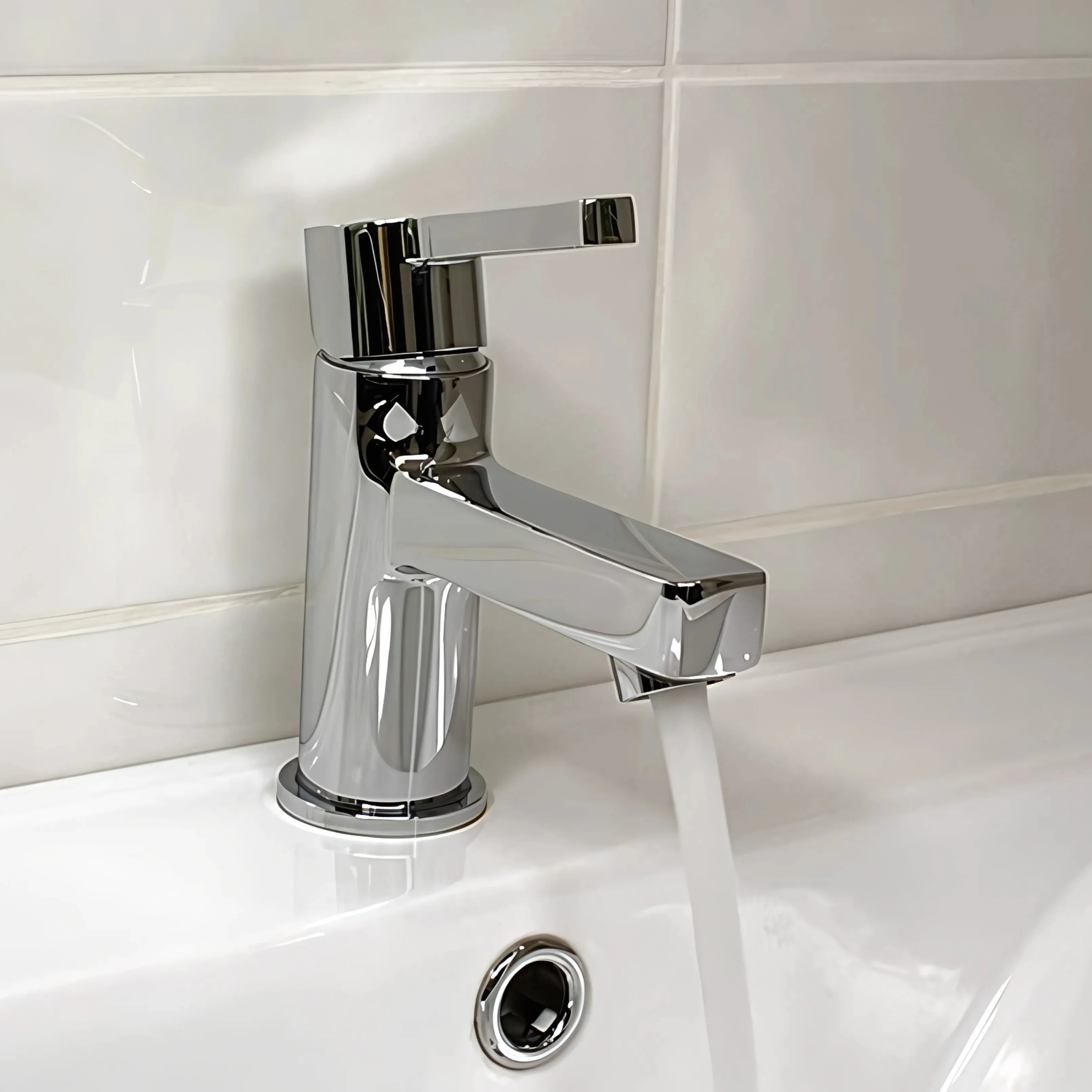
From Blurred to Brilliant
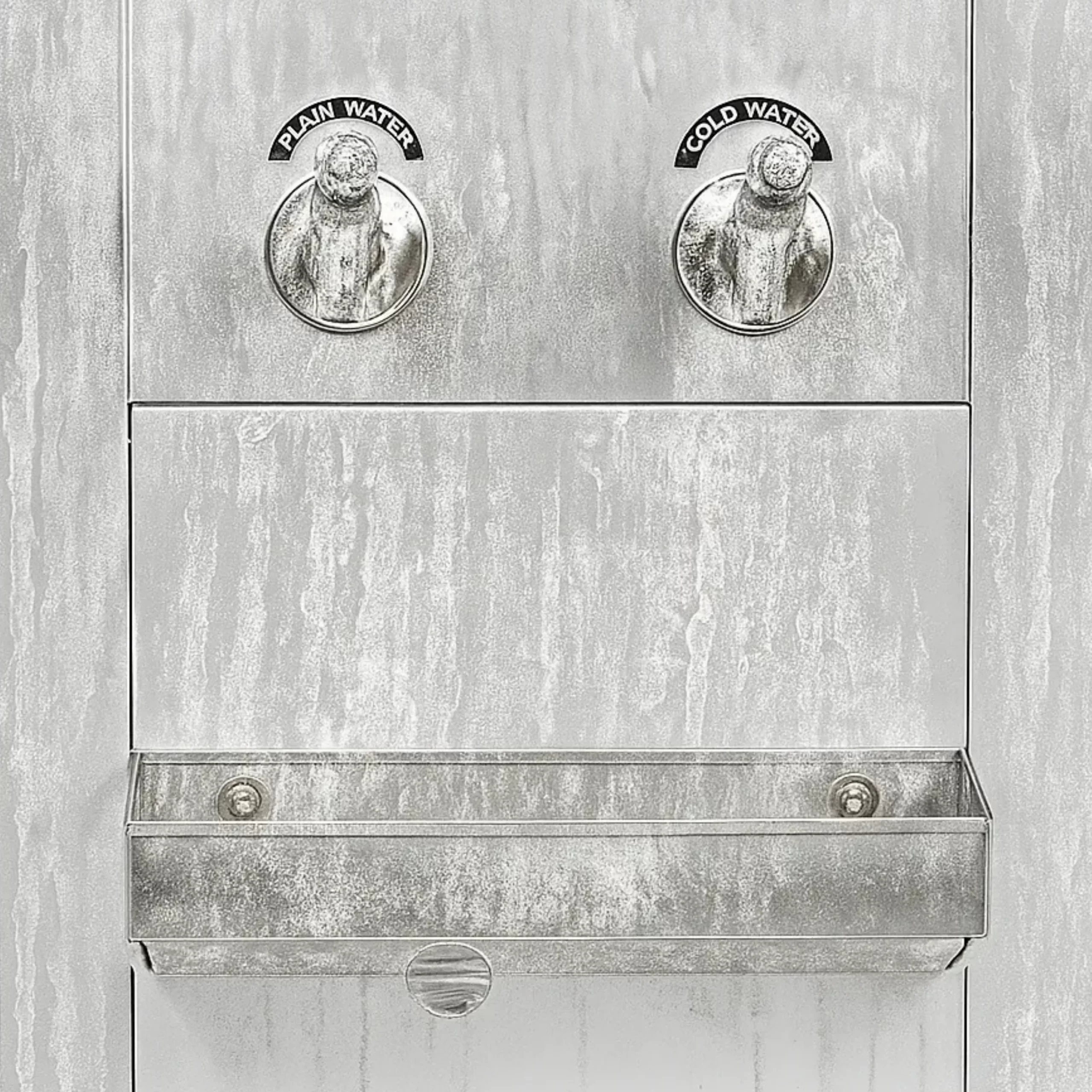
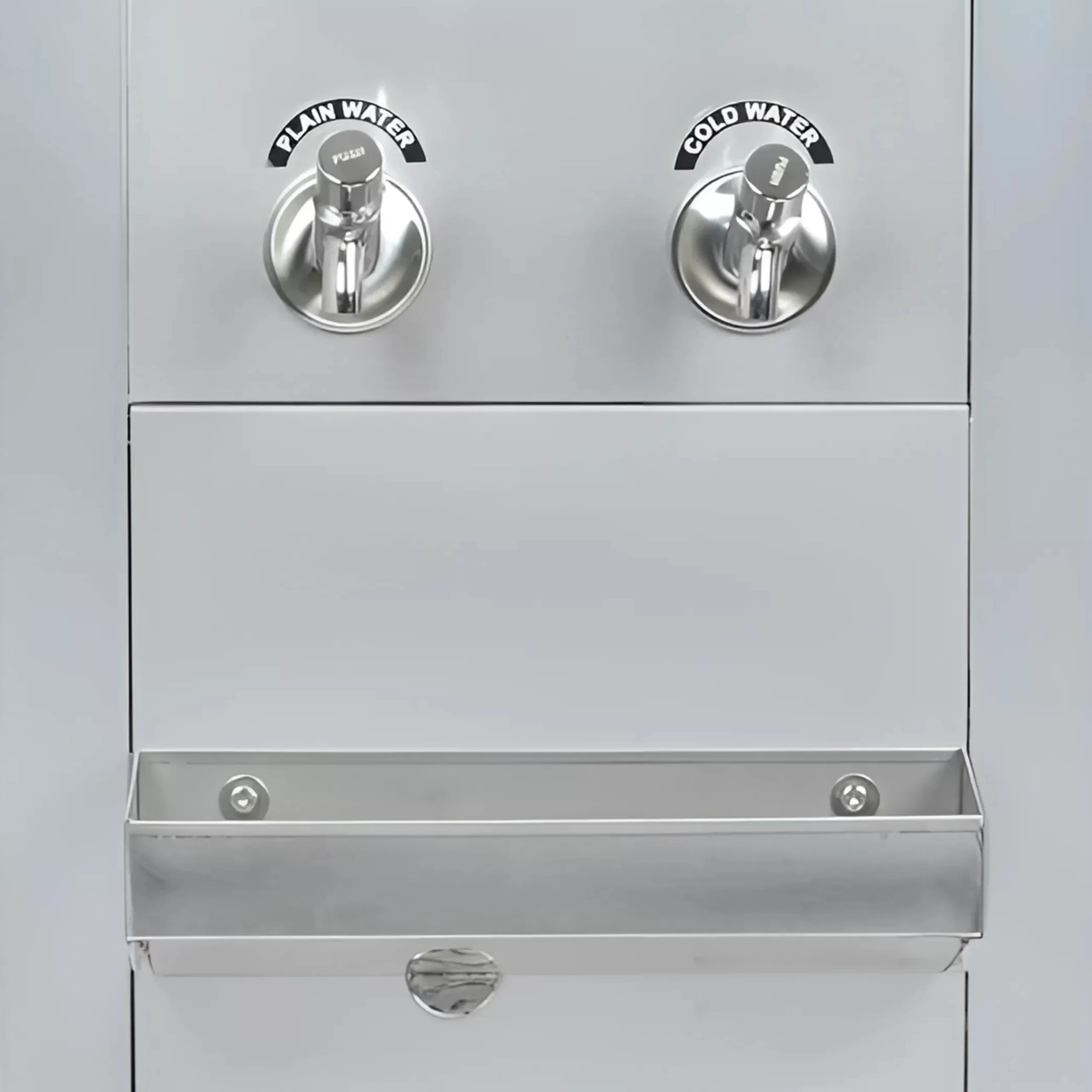
From fog to flawless


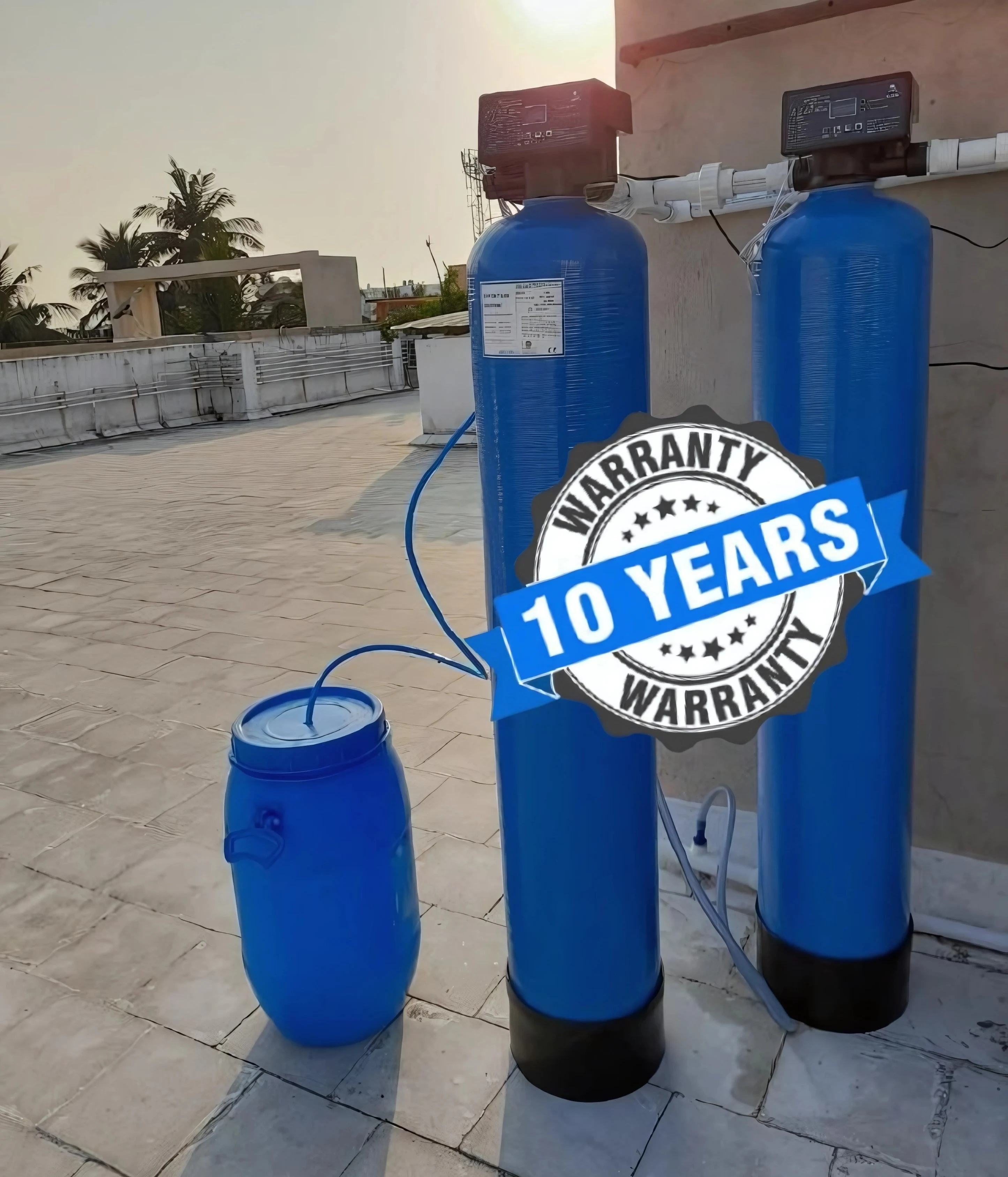
Features of Water Softener Plant for Schools and Colleges
- Removes Hard Minerals
- Extends Appliance Lifespan
- Improves Skin and Hair Health
- Enhances Cleaning Efficiency
- Saves on Maintenance and Energy Bills
Schools & Colleges Water Softener Plant - Actual Project Installation
Our Watersparks Happy Family
GOODTrustindex verifies that the original source of the review is Google. Got clarity by hearing the technical briefing by you engineerPosted onTrustindex verifies that the original source of the review is Google. Water sparks have provided apt consultation w.r.t to my water problem. Mr Faarish has very patiently explained the pros and cons. His advice has definitely made us make the right choices. Thank you very much.Posted onTrustindex verifies that the original source of the review is Google. I interacted with the staff member, Mr. Faarish, who provided an excellent response and clear explanation. His service was professional and courteous, and I am really satisfied with the overall experience.Posted onTrustindex verifies that the original source of the review is Google. I had been planning to install water tank filters and approached Mr. Faarish for advice. Instead of rushing into the installation, he recommended conducting a proper water quality report first. Based on the results, it turned out that the filters were not necessary for my specific situation. This guidance saved me a significant amount of money. Mr. Faarish was honest, knowledgeable, and genuinely focused on my best interest rather than just making a sale. I truly appreciate his professional support and integrity. It’s rare to find someone so trustworthy in this field — highly recommended!Posted onTrustindex verifies that the original source of the review is Google. We were already using a water softener system which involves lot of manual work to operate rotate the Knob to wash it with salt and it requires frequent Softener Resine change every year We had to spend atleast 12k and the reason task is to follow up the person to change the media, so we looked into Water Sparks product while we search online and we had installed their Fully Automatic Water Softener Plant and Fully Automatic Filtration System, where the manual work is no more. Only work is we have to add Rock salt every 7 days or 10 days once, the water is better now. And we are never nearing the water plant to do the cleaning work which is really hassle free for us. Definitely we received a good support and post installation we had doubts to cope up with the system and we got a clear explanation for all our queries. Thanks team for your support and patience will recommend the product to my friends and if anybody reading this review have a call with their Experts to have a consultation.
Checklist to install Water Softener Plant for Schools
- Assess water quality
- Choose the right Softener system
- Find installation location
- Gather necessary equipment
- Install pre-filters
- Connect the Softener system
- Install post-filters and storage tank
- Connect the drain line
- Check for leaks and test the system
- Maintenance and servicing
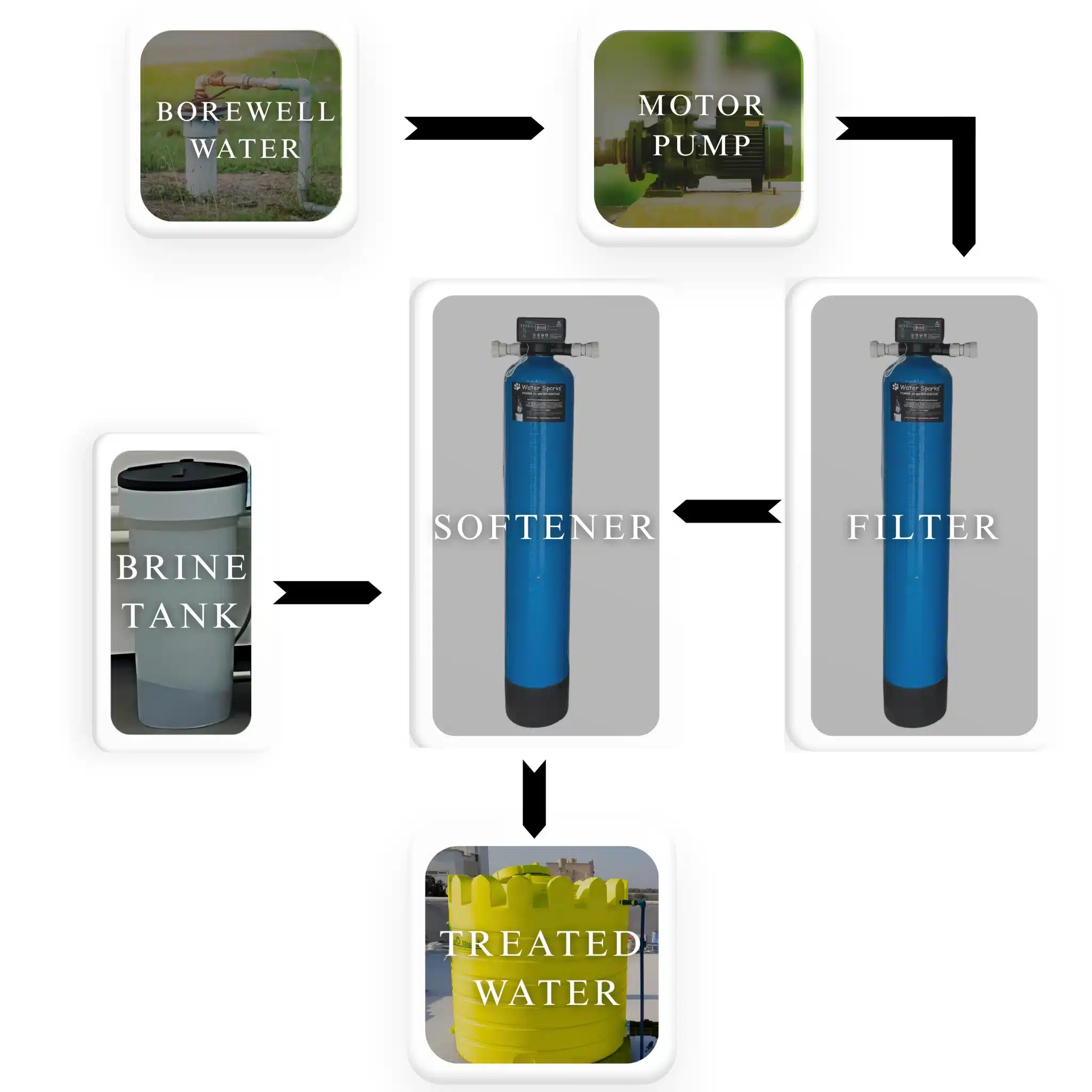
Checklist to install Water Softener Plant for Colleges
- Assess water quality
- Choose the right Softener system
- Find installation location
- Gather necessary equipment
- Install pre-filters
- Connect the Softener system
- Install post-filters and storage tank
- Connect the drain line
- Check for leaks and test the system
- Maintenance and servicing

FAQ - Water Softener Plant for Schools & Colleges
Why do schools and colleges need a water softener plant?
Hard water is a common problem in many educational institutions. It contains excess calcium and magnesium salts that cause scale deposits in plumbing, water tanks, bathrooms, and kitchen equipment. A water softener plant ensures smooth functioning of facilities, protects pipelines and appliances, and provides soft water for daily use.
How does a water softener plant benefit schools and colleges?
A water softener plant improves water quality, reduces maintenance costs, and increases the lifespan of plumbing systems, geysers, boilers, and kitchen equipment in hostels and canteens. It also prevents white stains on floors, fixtures, and laundry, ensuring a cleaner and more hygienic environment for students and staff.
Is soft water safe for students and staff?
Yes, soft water is completely safe for all daily activities such as bathing, washing, and cleaning. It enhances the efficiency of soaps and detergents, reduces skin irritation caused by hard water, and helps maintain better hygiene in schools and colleges.
What type of water softener plant is suitable for educational institutions?
For schools and colleges, an automatic water softener plant is highly recommended because it requires minimal manual intervention. The size and capacity of the plant depend on the number of students, hostels, canteens, and overall water usage.
Can a water softener plant reduce maintenance costs in schools and colleges?
Yes. By preventing scale formation in pipelines, water tanks, and equipment, a water softener plant significantly reduces repair and replacement costs. It also saves electricity by improving the efficiency of water heaters, boilers, and RO systems used in the campus.
How often does a water softener need maintenance in schools and colleges?
With proper installation, a water softener plant requires only periodic regeneration using common salt. Routine servicing ensures uninterrupted supply of soft water without operational issues.
Can Water Sparks provide customized water softener plants for schools and colleges?
Yes. Water Sparks specializes in designing and installing tailor-made water softener plants that meet the specific needs of schools and colleges in Chennai, Coimbatore, Bengaluru, and Hyderabad. From small hostels to large campus-wide systems, we offer solutions that ensure reliable, long-term performance.
Read More
Water Softeners for Educational Institutions
The need for water softeners for educational institutions, a water softener for schools and a water softener for colleges has been increasing tremendously over the last few years. Schools and colleges experience hard water problems every day, which affect health, hygiene, and buildings. From class taps to hostel bathroom taps, untreated hard water results in long-term problems. This is why installing a whole-campus water softener or a centralised water softener for colleges is now considered an essential solution.
In metropolitan cities like Chennai, Bengaluru, Coimbatore, and Hyderabad, schools and universities often rely heavily on groundwater, also known as borewell water. Installing a water softener for borewell water ensures that every tap and tank receives clean, softened water. Apart from reducing white stains, a water softener for hard water removal also safeguards plumbing systems, extending their life.
A water softener for bathroom and a water softener for tap in schools and hostels not only improve hygiene but also reduce maintenance costs. Bathrooms in hostels benefit greatly from a centralized water softener for hostels, as it prevents scale formation and white stains. Similarly, a water softener for drinking is critical in ensuring students consume safe water daily, and this is why institutions are increasingly adopting a water softener for hard water to cover every usage point.
Many institutions in South India prefer an automatic water softener for ease of use. Colleges in Chennai and a water softener in Bangalore showcase how automated systems save time and manpower. Whether it is a softener for PU colleges or softeners for universities, sophisticated systems are developed to remove hard water from borewell water effectively. Such solutions minimize health hazards while making infrastructure secure.
For larger institutions, a commercial water softener or a whole campus water softener becomes the most reliable choice. Schools installing a centralized water softener for universities and colleges opting for a centralized water softener for PU colleges, ensure consistent water quality across hostels, labs, and kitchens. At the same time, the use of a hard water purifier and a water softener for tank makes sure that water stored in overhead tanks is treated before distribution, securing the well-being of students and staff alike.
The long-term financial savings offered by these systems cannot be overlooked. Through minimizing scaling buildup and avoiding pipeline and equipment damage, schools and colleges spend much less money on plumbing replacement and repair. This renders the investment in water treatment not only a health investment but also a cost-saving investment for institutions.
Improvement in the overall comfort and hygiene of students is another primary advantage. With softened water being provided in bathroom, kitchen, and hostel facilities, problems like dingy clothes, dry skin, and brittle hair are reduced. Cleaner bathrooms and spotless facilities also enhance the image of schools and colleges, creating a healthier environment for both students and teachers to work in.
Finally, water softener installations increase the trust of parents and communities in schools. When schools and colleges make a positive effort to provide healthy and safe water, it reflects a concerned and responsible approach. Such trust is a treasure that enables institutions to be at the forefront of demonstrating excellence in caring for students and maintaining their infrastructure.
How Does a Water Softener Work for Educational Institutions?
The science behind a commercial water softener for institutions is simple but highly effective. A water softener for hard water functions by exchanging calcium and magnesium salts with sodium ions, thereby making hard water soft water. An automatic water softener can be installed on campuses to provide trouble-free performance with minimal human intervention.
When connected to a water softener for tank, the system ensures that all outlets, whether bathroom taps, kitchen connections, or hostel wash areas, receive treated water. A water softener for bathroom prevents scaling on showerheads and tiles, while a water softener for tap improves the water quality used for drinking and daily cleaning.
For colleges and hostels, investing in a centralized water softener for universities ensures uniform water quality across buildings. By installing a water softener for drinking, institutions protect students from long-term health risks associated with hard water consumption.
A water softener for schools helps address the day-to-day challenges of managing hard water on campus. From classrooms to canteens, the presence of a whole campus water softener ensures that water is treated before use. This benefits hostels where laundry and cooking require a reliable supply, and a water softener for colleges further guarantees that laboratories and student facilities remain free from scale. The adoption of a water softeners for universities is rising as administrators understand the importance of quality water in maintaining infrastructure.
Hostels and PU institutions also require special attention when it comes to water. A water softener for PU colleges and a water softener for hostels directly improve hygiene by providing safe water for bathing, cooking, and cleaning. In cities such as Chennai and Coimbatore, schools increasingly require an automatic water softener installation, whereas a water softener in Bangalore is commonly installed for dealing with high TDS borewell water. These machines are capable of removing hard water from borewell water and are therefore crucial for long-term student well-being.
For the big campuses, choices like a centralized water softener for hostels and a centralized water softener for colleges provide equal water treatment. Similarly, a centralized water softener for PU colleges works for several buildings with consistent quality. Institutions relying on borewells often choose a water softener for borewell water, supported by a hard water purifier, to address hardness at its source. With a water softener for hard water removal, schools safeguard both their infrastructure and the health of their students.
The introduction of these systems has also improved the efficiency of day-to-day operations in many institutions. Kitchens, laundries, and laboratories now operate more smoothly with softened water, as equipment is protected from scale deposits and downtime is minimized. This makes the overall running of schools and colleges far more reliable and cost-effective.
In addition to protecting infrastructure, the use of these systems has shown a clear improvement in student comfort. Bathrooms are cleaner, hostel facilities are less demanding to maintain, and drinking water is safer for regular use. These benefits directly translate into healthier living conditions for students and personnel.
Lastly, the use of water softener technology reflects a dedication to sustainability. By minimizing frequent repair, replacement, and chemical cleaning agents, institutions reduce their ecological impact. This is the responsible thing to do, which makes schools, colleges, and universities progressive institutions that value both health and sustainability.
Why is a Water softener for educational Use Important?
Hard water in schools is more than just a maintenance issue—it is a health and lifestyle concern. A water softener for schools protects plumbing, reduces scale formation in geysers, and ensures that bathrooms remain clean and sanitary. Hostels, which require bulk water usage, benefit from a centralized water softener for hostels to supply safe water across bathrooms and kitchens.
Institutions often report student complaints about dry skin, hair fall, or dull clothes after washing—all linked to hard water. By installing a hard water purifier or a water softener for hard water removal, these issues can be eliminated.
When the water supply is primarily from borewells, the installation of a water softener in Bangalore or Chennai campuses is crucial. Schools in Coimbatore and Hyderabad also face similar challenges, where removing hard water from borewell water solutions ensures the safe distribution of water.
A water softener for bathroom is an essential addition in schools and hostels where students face daily exposure to untreated hard water. In the same way, a tap water softener ensures water utilized for washing, cleaning, and even laboratory work is free from minerals that cause scales. In incorporating a tank water softener into the system, schools are able to treat stored water prior to delivering it throughout the campus. These systems, combined with a whole campus water softener, guarantee that every corner of the institution benefits from softened water.
Colleges and universities with large campuses often rely on a commercial water softener to handle high water demand. An automatic water softener reduces the need for manual supervision and ensures continuous operation, making it suitable for busy educational institutions. For drinking water needs, a water softener for drinking provides safe and palatable water to thousands of students daily. This becomes even more vital when considering installations like a centralized water softener for universities, which supports hostels, classrooms, and cafeterias alike. [1]
Institutions like PU colleges require targeted solutions to handle large-scale hard water problems. A water softener for PU colleges keeps the students residing in hostels in a state of hygiene and comfort, whereas a centralized water softener for PU colleges provides an equal supply of treated water to every building. Similarly, schools and colleges relying on borewell water can benefit from a water softener for borewell water, which is particularly effective against high hardness. Over time, such solutions not only remove hard water from borewell water but also protect infrastructure from costly repairs.
The long-term financial benefits of installing these systems are considerable. Reduced breakdown of appliances, fewer plumbing issues, and lower maintenance costs make water softeners a sustainable investment. For management, this means allocating funds to academic and student development activities instead of constant infrastructure repairs.
Parents, too, find reassurance when they know their children are in schools or colleges that prioritize safe and soft water. It not only enhances hygiene but also shows a care for student wellbeing and health, a consideration that plays a significant role in school and college admissions.
In addition, schools that implement innovative water treatment solutions position themselves as progressive and responsible. Publicising such efforts in prospectuses, parent visits, and accreditation reports can actually enhance an institution’s reputation and attract more students.
Health Risks Caused by Hardness in Water
The presence of calcium and magnesium in excess not only causes scaling but also leads to health concerns. Children drinking untreated hard water are more likely to develop kidney stone risks. This makes a water softener for drinking highly important.
Bathrooms in hostels and colleges are also affected. White stains, skin dryness, and hair fall are common complaints. Installing a water softener for bathroom and a water softener for tap ensures better quality water for students’ daily needs.
Hostels that cater to hundreds of students must consider a centralized water softener for PU colleges or a commercial water softener to provide consistent water quality. With a water softener for tank, every drop is treated before distribution.
A school water softener and campus water softener supply treated water to every classroom, laboratory, and hostel. Installing a water softener in colleges is better for improving hygiene in public areas, while a university water softener serves multiple buildings, promoting daily activity. Campuses employing a water softener in Bangalore tend to use it in conjunction with a water softener for borewell water in order to soften high hardness levels.
In contemporary institutions, solutions such as an automatic water softener are preferred in order to minimize manual handling. A water softener for PU colleges guarantees that both the academic and hostel blocks have access to safe water, while a water softener for hostels provides clean and safe bathing facilities. A hard water purifier supplements these systems through its focus on residual hardness and provision of quality water for drinking and regular use.
For mass operations, fitting a centralized water softener for universities or a centralized water softener for colleges provides uniform water treatment. Likewise, a centralized water softener for hostels will provide soft water in kitchens and bathrooms.
The benefits of such systems extend well beyond infrastructure protection. By ensuring safe water for washing, cooking, and drinking, institutions enhance the overall quality of campus life. Students are less likely to face recurring skin and hair problems, and hostels maintain a more hygienic environment.
Another important factor is the reduced operational burden on management. Automatic and centralized systems do not need much intervention, enabling maintenance teams to spend more time on other vital activities while still providing continuous water quality throughout the campus.
Finally, the use of top-of-the-line water softening technologies speaks volumes about the institution’s attention to the health of its students. Parents would automatically view such measures as demonstrating a cutting-edge and health-conscious campus, thereby enhancing the school’s, college’s, or university’s good image.
How the Installation of a Water Softener for Educational Institutions Reduces Health Risks
The largest benefit of a water softener for hostels and schools is the improved long-term health of students. The installation of an automatic water softener allows institutions to provide a continuous safe water supply without regular manual checks.
A whole campus water softener benefits hostels, classrooms, and staff quarters equally. It also ensures that the laundry services in colleges work efficiently without dull clothes or stains. When linked to borewell water softener, the system attacks the source of hardness directly.
For Bengaluru and Hyderabad, the best option will be a centralised hostel water softener, as it minimises health risks, prevents scale formation in pipes, and delivers soft water throughout the area. It eventually enhances the living standards of students and saves maintenance costs for the organisation.
A water softener for bathroom and a water softener for tap in schools and colleges ensures that students have access to soft water for bathing, cleaning, and drinking. Installing a water softener for drinking across the campus guarantees safe consumption, while a water softener for hard water protects plumbing and prevents scaling in equipment. Campuses using a water softener in Bangalore or nearby cities benefit from reduced maintenance and better hygiene.
Institutions increasingly prefer a water softener for PU colleges or a water softeners for universities to cover multiple buildings and hostels. A water softener for hostels maintains good bathing and laundry conditions, with a hard water purifier adding its component to further improve water quality. A water softener for tank treats all the stored water prior to usage, removing white stains and making daily operations better.
For larger campuses, a centralized water softener for PU colleges or a centralized water softener for universities guarantees uniform water quality in classrooms, laboratories, and hostels. A commercial water softener is often used in conjunction with these setups for high-capacity needs. By installing a water softener to remove hard water and utilising solutions that eliminate hard water from borewell water, institutions can maintain the longevity of their infrastructure while promoting healthier living for students.
Soft water also contributes to higher efficiency in campus operations. From laboratories to canteens, appliances and equipment run more smoothly when free from scale buildup, resulting in significantly reduced repair and replacement costs.
In addition to operational savings, institutions benefit from improved hygiene standards. Students and staff using soft water experience fewer complaints related to skin irritation, dull hair, or stained clothing, all of which are common problems with untreated hard water.
Over time, the decision to invest in advanced water softener systems has a positive impact on the institution’s reputation. Parents and guardians view it as a sign of care and responsibility, which enhances trust and adds long-term value to the school or college.
Why Water Sparks Is the Best Choice for a Water Softener in Educational Institutions in Chennai, Coimbatore, Bangalore, and Hyderabad.
Water Sparks specializes in water softener in Bangalore, Chennai, Coimbatore, and Hyderabad for institutional needs. With decades of expertise, the brand delivers reliable commercial water softener systems and custom centralized water softener for universities solutions.
Each water softener for schools is designed after analysing the water source, whether a borewell or municipal. For campuses relying on borewells, Water Sparks offers systems that effectively remove hard water from borewell water, ensuring an uninterrupted supply.
Their water softener for colleges and water softener for hostels installations across South India have reduced both health issues and infrastructure damage. With automatic water softener technology, schools enjoy hassle-free operations.
A whole campus water softener ensures that every classroom, laboratory, and hostel receives soft, treated water. Installing a water softener for tank guarantees that stored water is safe and free from hardness. Bathrooms benefit from a water softener for bathroom, while kitchens and drinking points see improvements with a water softener for tap and a water softener for drinking systems. A water softener for hard water further protects plumbing and daily utilities.
Institutions also invest in a water softener for PU colleges and water softeners for universities to cover multiple buildings. Hostels rely on a water softener for hostels for bathing and laundry needs, complemented by a hard water purifier to enhance water quality. Campuses that depend on borewells install a water softener for borewell water to remove hard water from borewell water, ensuring safe and clean water for all students. [2]
For larger campuses, a centralized water softener for colleges or a centralized water softener for PU colleges guarantees uniform water treatment. Likewise, a whole-house water softener for hostels supplies soft water to every bathroom and kitchen throughout the establishment. In addition to a hard water designator water softener and a commercial water softener, these fittings provide longer infrastructure lifespan, less maintenance, and healthier living environments for students.
Soft water not only conserves operational costs but also improves campus lifestyle. Students can enjoy cleaner restrooms, improved drinking water, and healthier skin and hair, resulting in a more comfortable educational environment. Apart from sanitation and health, the use of top-end water softener systems is also a demonstration of an institution’s dedication to long-term sustainability. Scale formation is avoided, indirectly conserving energy and prolonging the lifespan of equipment on campuses.
Parents and guardians also view these installations as a sign of care and responsibility from the institution. Investing in reliable water softening solutions strengthens trust, enhances reputation, and makes the campus more attractive to future students.
Water Sparks Water Softener for educational institutions across Chennai, Coimbatore, Bengaluru, and Hyderabad
Schools and universities across these cities face similar water challenges. Whether it is a water softener for PU colleges in Chennai, a water softener for tank system in Coimbatore, or a whole campus water softener in Bengaluru, Water Sparks has customised solutions.
The company’s hard water purifier solutions are designed to suit various capacities, ranging from small institutions to large universities. In Bangalore, where borewell water is prevalent, their borewell water softener provides a safe supply to taps, bathrooms, and drinking points.
Every installation is precisely engineered, whether it’s a centralized water softener for universities or a commercial water softener for multi-campus buildings. By giving the ideal water softener for hard water elimination, Water Sparks ensures higher education institutions have top hygiene and student health standards.
School water softener and college water softeners assures soft and safe water for classrooms, laboratories, and hostels. The bathroom is aided by a water softener for bathroom, with a water softener for tap and a water softener for drinking, providing clean water for everyday use.
A water softener for hard water also safeguards plumbing and minimizes tank and pipe scaling.
Institutions prefer water softeners for universities and automatic water softener systems to efficiently cover several buildings. Hostels depend on a water softener for hostels, whereas a water softener in Bangalore setup deals with borewell high hardness. With a hard water purifier, these systems eliminate hard water from borewell water effectively.
For large campuses, a centralized water softener for PU colleges and a centralized water softener for universities provide uniform water quality to classrooms, labs, and hostels. A commercial water softener takes care of high-capacity requirements, and a water softener for tank ensures water stored in the tank remains soft. Having a water softener for hard water removal ensures equipment longevity and healthier living for every student. [3]
Institutions adopting these solutions also experience reduced repair costs for plumbing and appliances. With soft water circulating throughout the campus, the life of geysers, washing machines, and laboratory equipment is extended, saving schools and colleges significant expenses over time.
Aside from saving money, student comfort and well-being remain the top priorities. Having access to soft water alleviates the issues of dry skin, bad hair days, or stained shirts, allowing students to concentrate on their studies and college life without distress.
The implementation of water softening systems also indicates an institution’s commitment to sustainability. By reducing scale and enhancing efficiency, campuses conserve energy and promote long-term environmental stewardship without compromising healthy standards of living.
Why choose Water Sparks' Water Softener for educational institutions?
When institutions choose Water Sparks, they get advanced technology, proven results, and long-term reliability. A water softener for hard water ensures that every tap delivers soft water, while a water softener for bathroom reduces scaling.
The company’s automatic water softener technology guarantees uninterrupted soft water without requiring manual intervention. Their expertise in centralized water softener for hostels and centralized water softener for universities makes them the preferred choice for large campuses.
From a water softener for drinking water to a water softener for tap water, their installations are designed to enhance water quality throughout the entire institution. This is why schools across Chennai, Coimbatore, Bengaluru, and Hyderabad trust Water Sparks.
A water softener for schools and a water softener for colleges ensure that every classroom, laboratory, and hostel receives soft water. Installing a whole campus water softener and a water softener for tank guarantees safe water storage and usage. A water softener in Bangalore further helps institutions relying on borewell water, while a water softener for borewell water ensures a safe supply to all outlets.
Hostels and PU colleges are equipped with a water softener for hostels and a separate water softener for PU colleges to provide clean water for bathing, laundry, and kitchen purposes. A hard water purifier is added to these systems, and solutions that eliminate hard water from borewell water increase the safety and quality of drinking water throughout the campus.
For major campuses, a centralized softener for PU colleges or a centralized softener for colleges offers uniform soft water to several buildings. A commercial water softener, supplemented by a water softener, offers long-term protection to infrastructure by removing hard water. A water softener for drinking and tap water is useful in classrooms, laboratories, bathrooms, and kitchens, ensuring improved hygiene and student health.
Schools also accrue lower operational expenses when they install these systems. By preventing scale buildup, a water softener ensures that appliances such as geysers, washing machines, and laboratory equipment last longer, requiring fewer replacements.
Another major advantage is increased student comfort. Through the provision of softened water in every bathroom, kitchen, and drinking fountain, students experience reduced skin dryness, hair loss, and issues with dirty clothing, ultimately creating a healthier campus environment.
Finally, the installation of a softening system as effective as this proves that the institution is committed to health and sustainability. A pure water supply reduces wastage, improves hygiene standards, and has a positive effect on the overall image of the school or college.
Water Sparks’ Water Softener for educational institutions – A Smarter Choice
The smarter choice for schools and colleges is to invest in a whole campus water softener that covers classrooms, hostels, bathrooms, and canteens. With a commercial water softener, the maintenance costs drop, and plumbing systems last longer.
By providing both a water softener for tank and centralized water softener for PU colleges installations, Water Sparks offers a range of solutions to meet different needs. Whether institutions require a hard water purifier for drinking water or a water softener for borewell water, they find a reliable partner in Water Sparks.
Ultimately, the decision to remove hard water from borewell water using a water softener in schools leads to healthier students, improved hygiene, and cost savings. That’s why Water Sparks remains the most trusted provider of water softeners for colleges and water softeners for universities across South India.
A school water softener and a college water softener provide soft water for every facility on the campus, from academic classrooms to student hostels. A bathroom water softener and a tap water softener can make the premises more hygienic, while a drinking water softener assures safe water. A water softener for hard water protects pipelines, and a water softener in Bangalore ensures efficiency even with borewell sources.
Institutions also invest in automated water softener systems for easy operation. A hostel water softener and a PU college water softener provide safe water for bathing and laundry. Centralized water softener for university or centralized water softener for college help campuses achieve consistent water quality. A hard water removal water softener works with these options to help ensure the health and safety of infrastructure.
For large campuses, a commercial water softener or a whole campus water softener provides high-capacity treatment. By installing a tank water softener, there is soft water storage, while a borewell water softener, along with a hard water purifier, removes hard water from borewell water. This is suitable for classrooms, laboratories, bathrooms, and canteens and hence the most dependable option for water softener for schools, water softeners for colleges, and water softeners for universities.
Adding to this, many institutions are choosing centralized water softeners for hostels as it ensures consistent water quality for students’ daily needs. From bathing to laundry, soft water reduces the formation of white stains on taps and tiles, providing long-term cleanliness and comfort across hostels. [4]
Another benefit of the use of automatic water softener units is minimizing manpower needs. Since operations are fully automated, schools and universities can concentrate on learning activities while the system provides a constant soft water supply. This simplifies water management and makes it more consistent.
Additionally, a good investment in a water softener system enhances the reputation of academic institutions. Parents as well as students prefer campuses with soft, clean, and safe water. Therefore, water softener systems are crucial in providing both academic success and the health of students.

